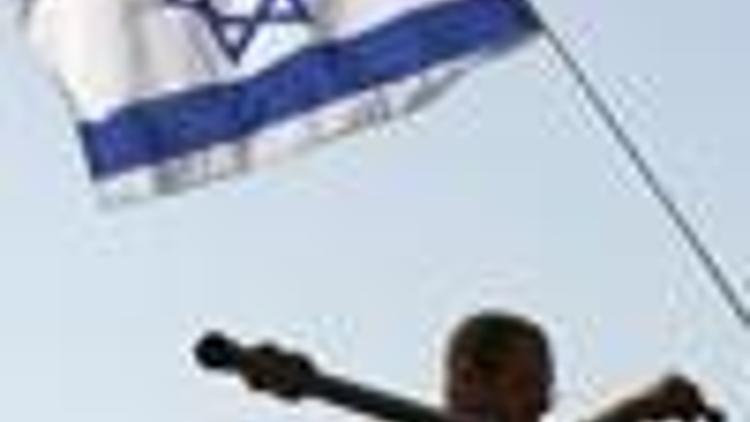Israel completes Gaza troop withdrawal
Güncelleme Tarihi:

Israel said it completed a troop pullout from the Hamas-ruled Gaza Strip on Wednesday, starting its relationship with U.S. President Barack Obama by quitting Palestinian land devastated by its 22-day offensive.
"The last soldier left the Gaza Strip this morning," an army spokesman told AFP. "However the army remains deployed all around the Gaza Strip to meet any eventuality."
Despite the withdrawal, the Israeli navy fired sporadic salvoes into the northern Gaza Strip during the morning, Palestinian witnesses said.
The Israel Defense Forces later issued a statement saying all troops had returned to Israeli territory ending Operation Cast Lead.
"The forces are now redeployed outside the Gaza Strip," it said.
The pullout began Sunday after
Obama's predecessor, George W. Bush, endorsed
Israeli attacks in a 22-day
The Palestinian bureau of statistics reported 4,100 homes were totally destroyed and 17,000 others were damaged in the offensive.
U.N. chief Ban Ki-moon became Tuesday the first world leader to visit the enclave since
He accused
The U.N. nuclear watchdog said Wednesday it would investigate allegations by Arab countries that The countries made the allegations in a letter addressed to Director General Mohammed El-Baradei and delivered by the Saudi Arabian ambassador on Monday. They asked the International Atomic Energy Agency to investigate the matter. IAEA spokeswoman Melissa Fleming confirmed the receipt of the letter. "We are circulating the letter to member states and will investigate the matter to the extent of our ability," IAEA spokeswoman Melissa Fleming was quoted by AFP as saying. The exact course of action would be decided after consultation with member states. The Israeli ambassador to the IAEA, Israel Michaeli, declined to comment. Depleted uranium is a waste product of uranium enrichment and has a number of civilian and military applications, including its use in weapons to penetrate tanks and armor plating. Investigations have been carried out into its use in ammunition in conflicts such as the 1991 Gulf War and 1994-95 NATO air strikes in the Balkans. The IAEA published a report on the issue in 2002. At the time, IAEA Deputy Director General Werner Burkart said: "To be honest, there are very few health concerns for depleted uranium from a radiological point of view, because it is only very slightly radioactive. "Even the handling of enriched uranium in industry does not need special protection such as shielding. There are more dangerous radiotoxic elements associated with uranium in nature." Depleted uranium could pose a health risk, however, in the form of dust found at impact sites.

